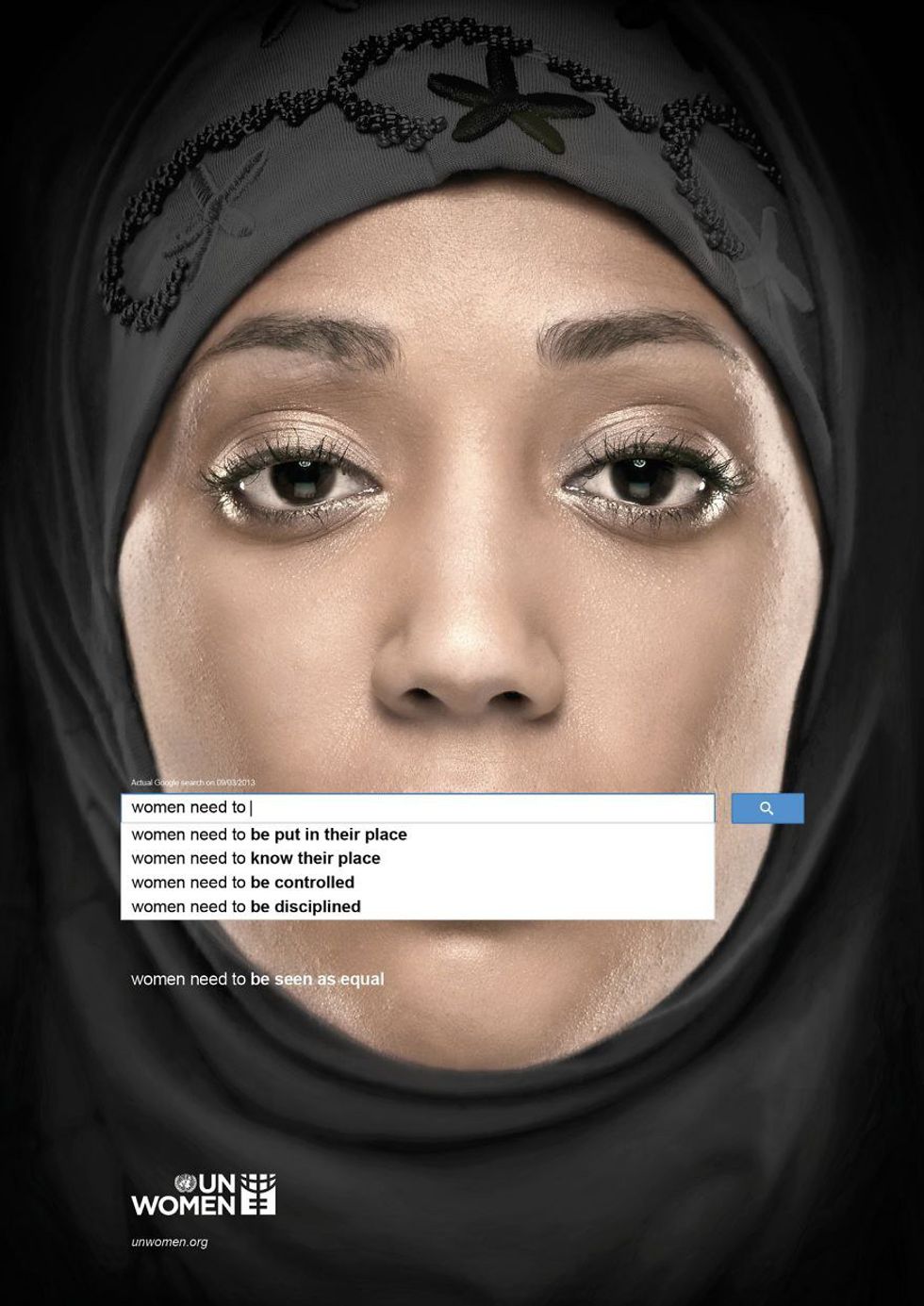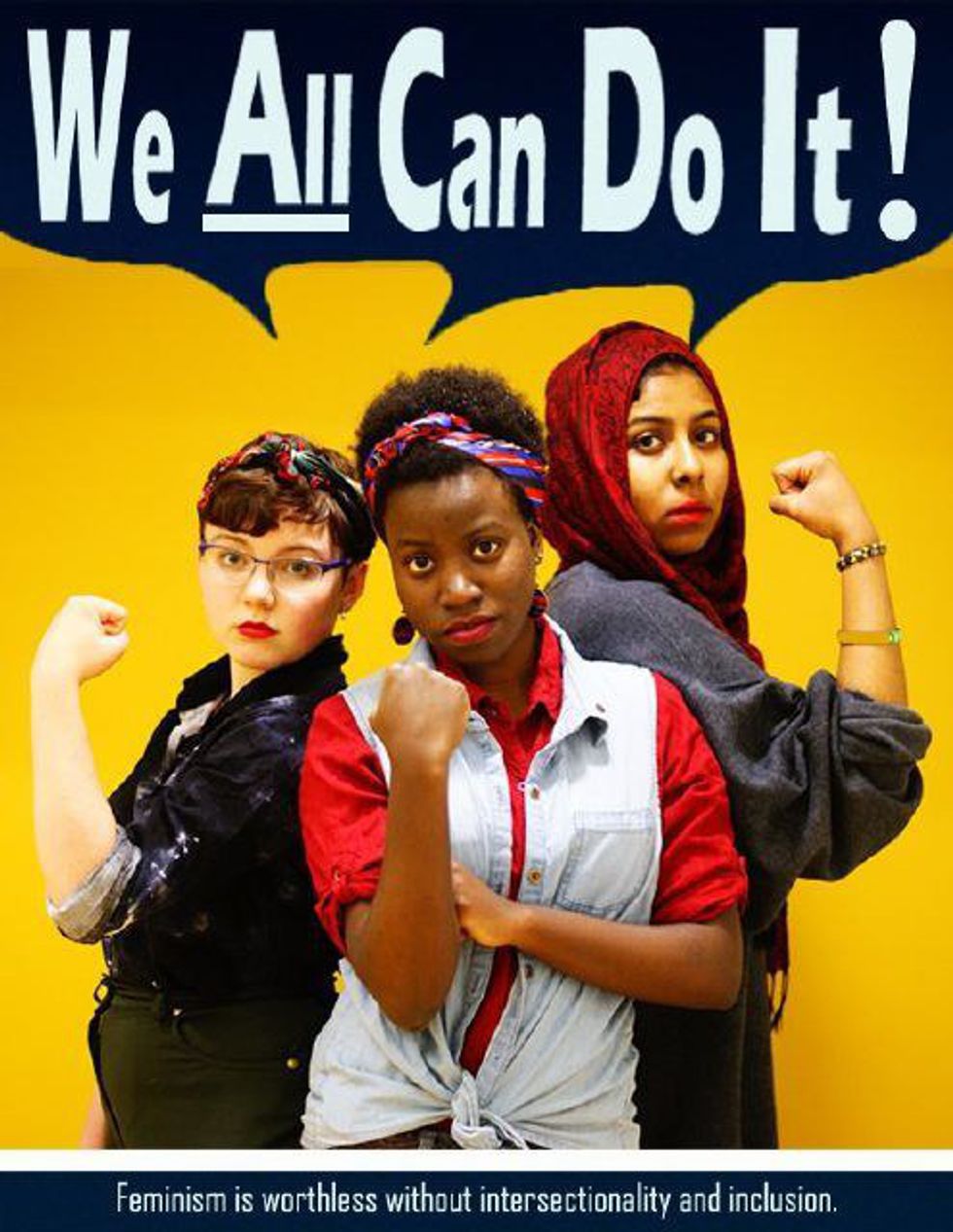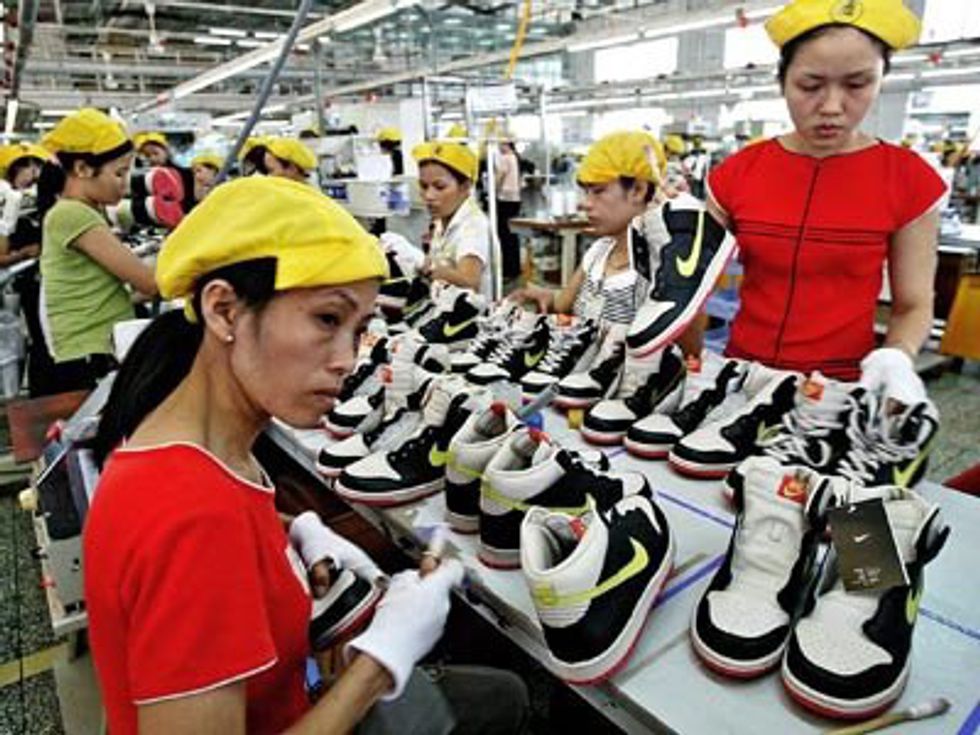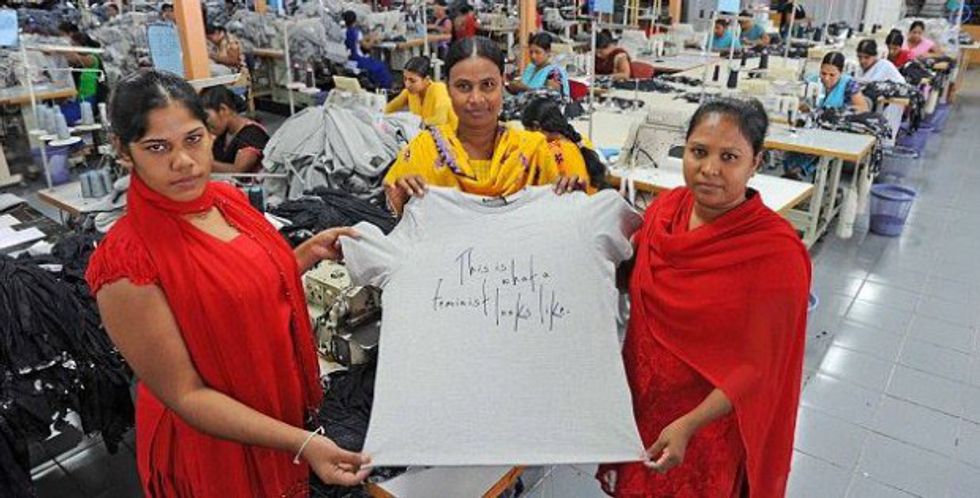F*#%$ism or feminism? When did feminism become a bad word?!
The many misconceptions and stereotypes of this cause attribute names such as “man-hater,” “hippie,” and “extremist” to feminism. The idea of a “feminazi” even connects feminism with mass genocide and fascism.
In actuality, the Merriam-Webster dictionary defines feminism as “the theory of the political, economic, and social equality of the sexes” and “the belief that men and women should have equal rights and opportunities.” Notice that both of these definitions are prefaced with “the belief that…” or “the theory of…”, denoting the idea that equality is not completely actualized.
This cause does not seek to put down other sexes and does not aim to establish a system of matriarchy. Feminism pursues equality.
Belittling the equality of the sexes is no joke; feminism is no joke.
Most importantly, feminists can be anyone (including men!). This cause pursues the equal opportunities of the sexes and therefore anyone of any sex, sexual orientation, and race can and should support feminism.
Because feminism has come a long way in the western world, people are beginning to question the necessity for the movement. Is feminism a social concern or a social fad? Women in developed nations have voting rights and working rights, what more is there? In fact, the racial and gender pay gap, sexual harassment, and discrimination are all realities in developed countries. Feminism fights to eradicate the discrimination of women based on sex.
But what about outside of the western world or the industrial world? Women in non-western nations are extremely disenfranchised and these women need to be heard as well. Iran recently hanged Reyhaneh Jabbari for killing a man who attempted to rape her; both the U.S. State Department and British Foreign Office condemned the execution.
There is obviously a drastic need for equality. Women elsewhere in the world have it much worse than women in developed countries.
Women need to be seen as equal.
Feminism should not only stand for equality but also for inclusion. Is the feminism of the west excluding groups of women through means of geography, race, religion, economics, and more?
The principle of intersectionality greatly affects feminism by bringing class, gender, race, et cetera into consideration. Professor Kimberlé Crenshaw coined the term of intersectionality in 1989:
“The view that women experience oppression in varying configurations and in varying degrees of intensity. Cultural patterns of oppression are not only interrelated, but are bound together and influenced by the intersectional systems of society. Examples of this include race, gender, class, ability, and ethnicity.”
Essentially, examine your privilege. Think about where you stand and if you are forgetting groups and/ or further marginalizing people.
Intersectionality is integral to the success of feminism. The picture below says “Feminism is worthless without intersectionality and inclusion.”
Really think about how you contribute to feminism. Buying t-shirts, button, badges, and other feminist memorabilia from nations where women are subdued to sweatshops does not help the cause of feminism.
The t-shirt above says "This is what a feminist looks like" and depicts a scene in which women work in a sweatshop to produce pro-feminist t-shirts.
Are you perpetuating the inequality of the sexes in another country for the supposed statement of being a feminist in the first world?
Feminism is a current issue and the non-western world exacerbates the anxieties of female repression and marginalization.
Intersectionality and inclusion are pinnacles of feminism.

























